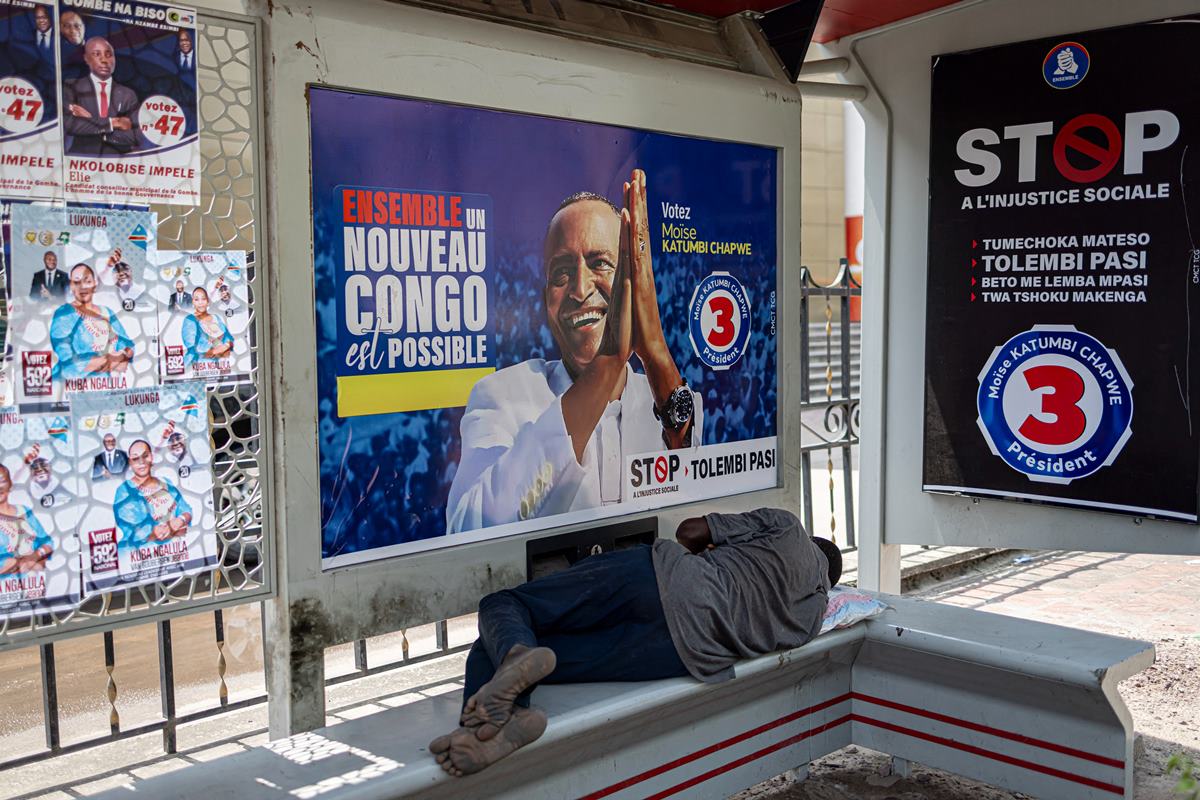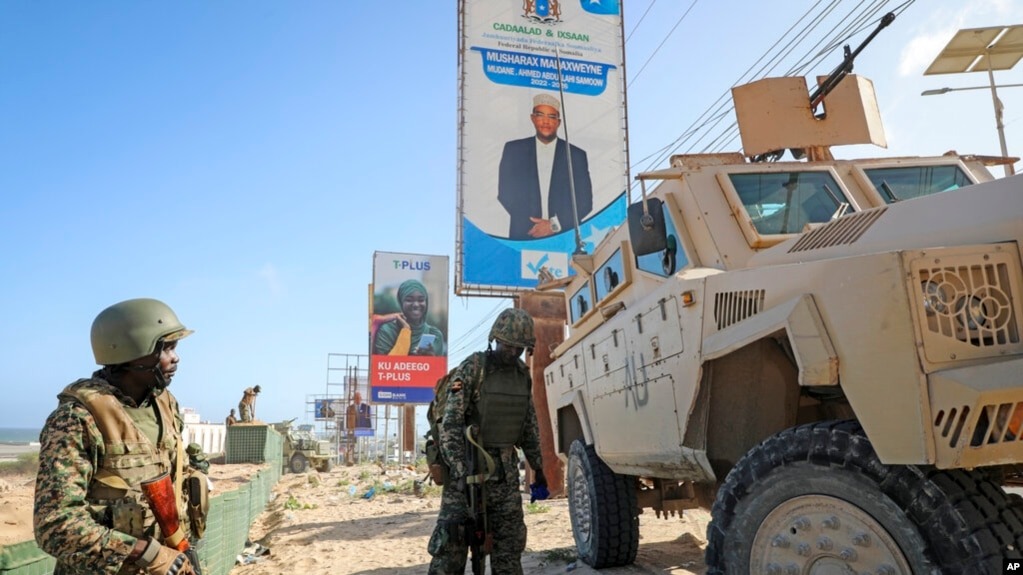Kenya has declared its strong disassociation from a Congolese opposition figure who formed an alliance with rebels in Nairobi, leading to a diplomatic dispute with Kinshasa. The Kenyan Ministry of Foreign Affairs announced on Sunday that it would conduct an investigation into the political-military alliance, prompting the Democratic Republic of the Congo (DRC) to recall its ambassador in protest.
The alliance, known as the Congo River Alliance, was launched on Friday and includes various DRC politicians and groups, including the M23 rebels who have seized territory in the eastern part of the country, as well as Corneille Nangaa, a former DRC election commission chief.
In response to this development, the DRC recalled its ambassadors to Kenya and Tanzania for consultations on Saturday. The recall of the envoy to Tanzania was due to Tanzania hosting the headquarters of the East African Community bloc, to which the DRC also belongs.
Kenya’s Foreign Minister, Musalia Mudavadi, issued a statement stating that Kenya was aware that some DRC nationals had made statements during a press conference in Kenya that were “inimical to the constitutional order of the Democratic Republic of the Congo.” He emphasized that Kenya strongly distances itself from any activities or statements that could harm the peace and security of the friendly nation of the DRC and that an investigation has been initiated.
The investigation aims to identify the individuals responsible for the statements and assess the extent to which their remarks fall outside the realm of constitutionally protected speech, according to the minister.
The formation of the Congo River Alliance, as described by Nangaa, aims to unite various Congolese armed groups, militias, and social and political organizations. This development raises concerns in a region plagued by long-standing insecurity fuelled by ethnic rivalries and resource conflicts.
The diplomatic tensions come at a time of escalating security concerns ahead of the DRC’s presidential elections scheduled for December 20. The country has been grappling with civil strife for decades. M23 rebels, which had been dormant for several years, resurfaced in late 2021 and seized control of large parts of the eastern province of North Kivu. The conflict has resulted in the displacement of approximately seven million Congolese within their own country.
Human Rights Watch estimates that over 1.5 million Congolese in conflict-affected areas will be unable to vote in the upcoming elections, while millions of internally displaced people will face similar challenges.
Nangaa justified the formation of the new alliance by stating that the state is too weak to ensure order in the impoverished and war-torn country, emphasizing the need for a new movement to fill the void.
The government’s spokesman, Patrick Muyaya, accused Nangaa of being “unpatriotic” and engaging in “subversive activities.”
Expressing extreme concern, Bintou Keita, the head of the UN’s peacekeeping mission in the DRC, called on all political actors to operate within the framework of the Constitution, respect human rights, and uphold the rule of law.
As the diplomatic row unfolds and tensions escalate, it remains to be seen how the situation will impact the fragile stability of the region and the upcoming elections in the DRC.



